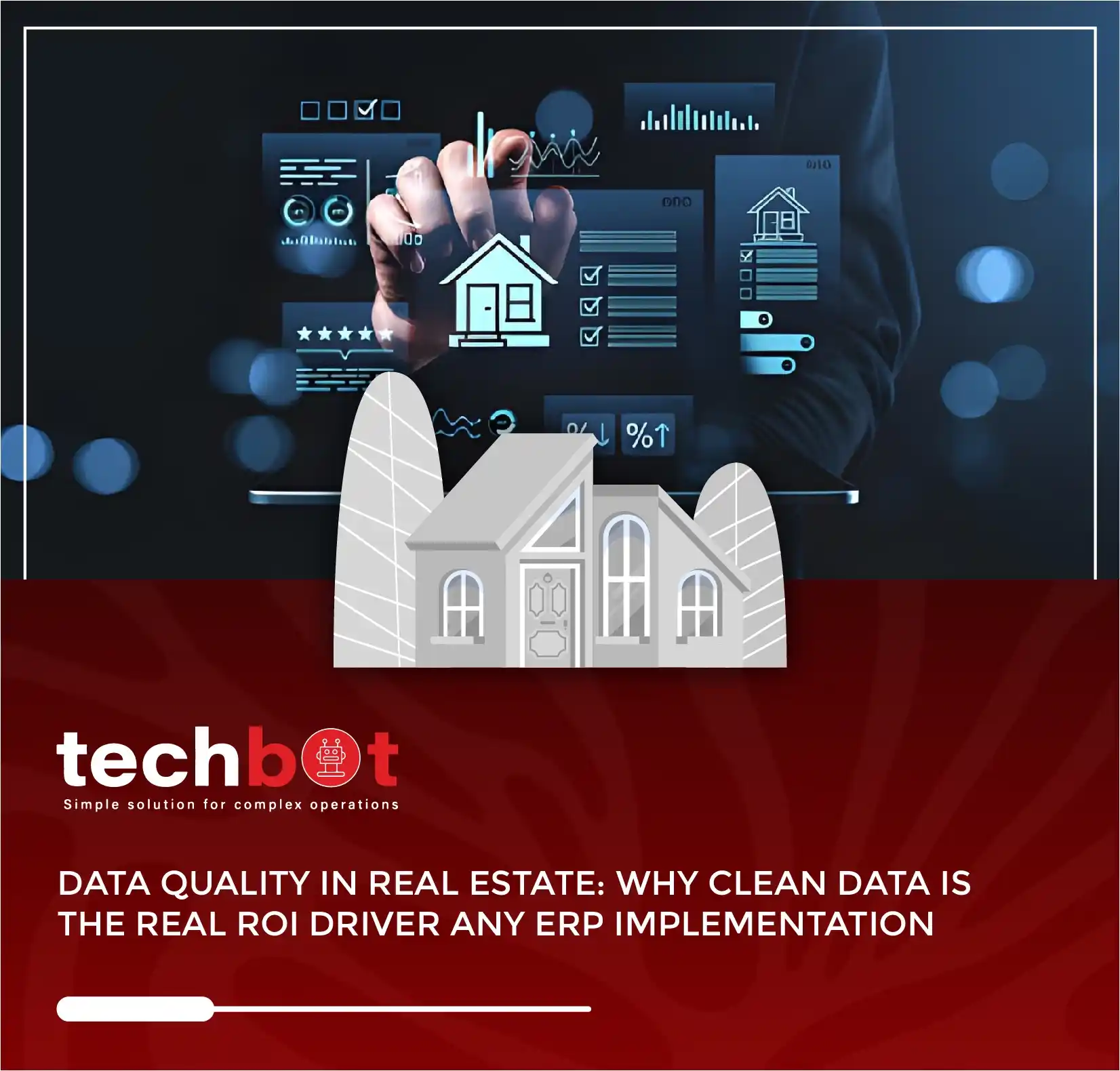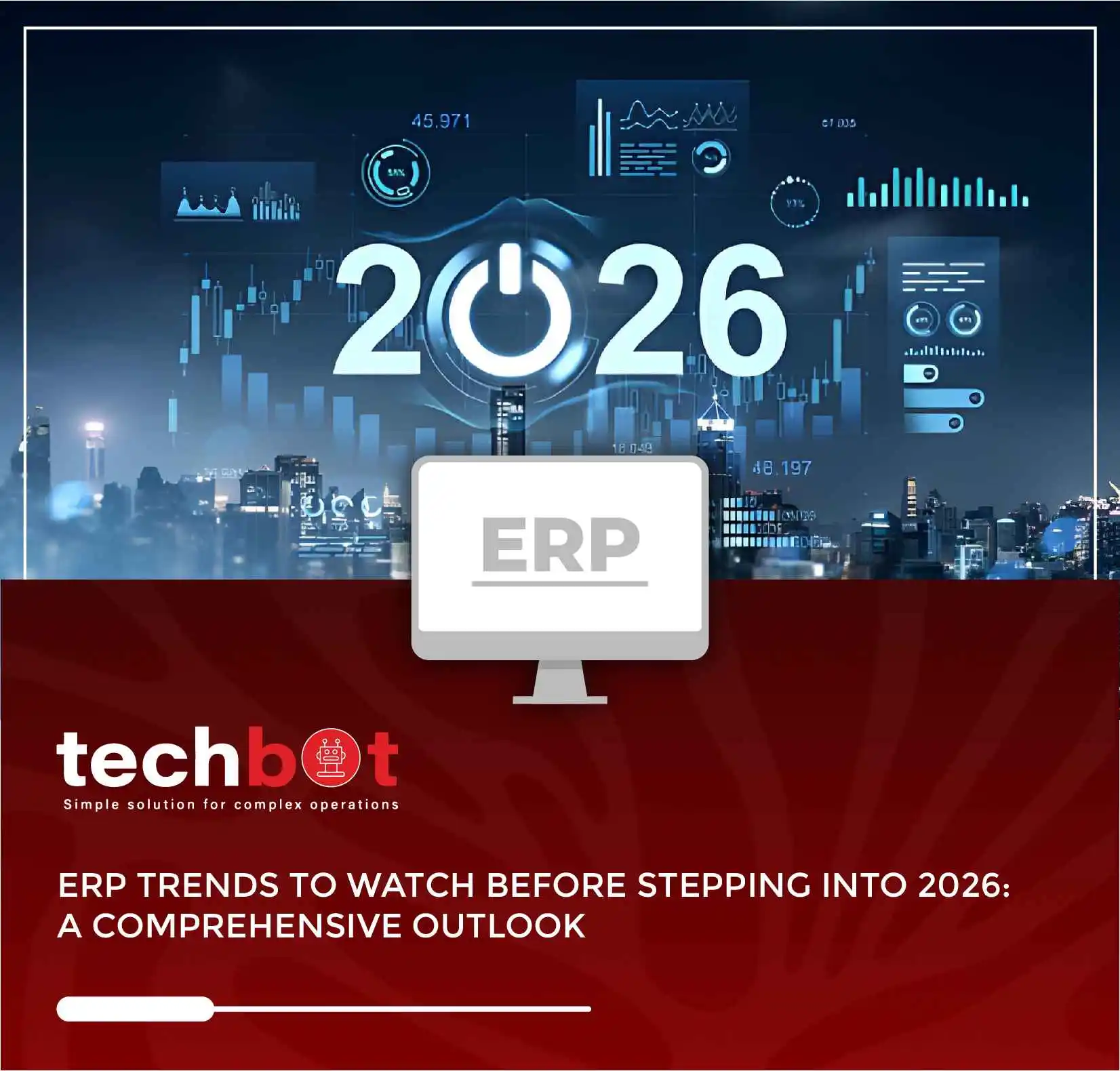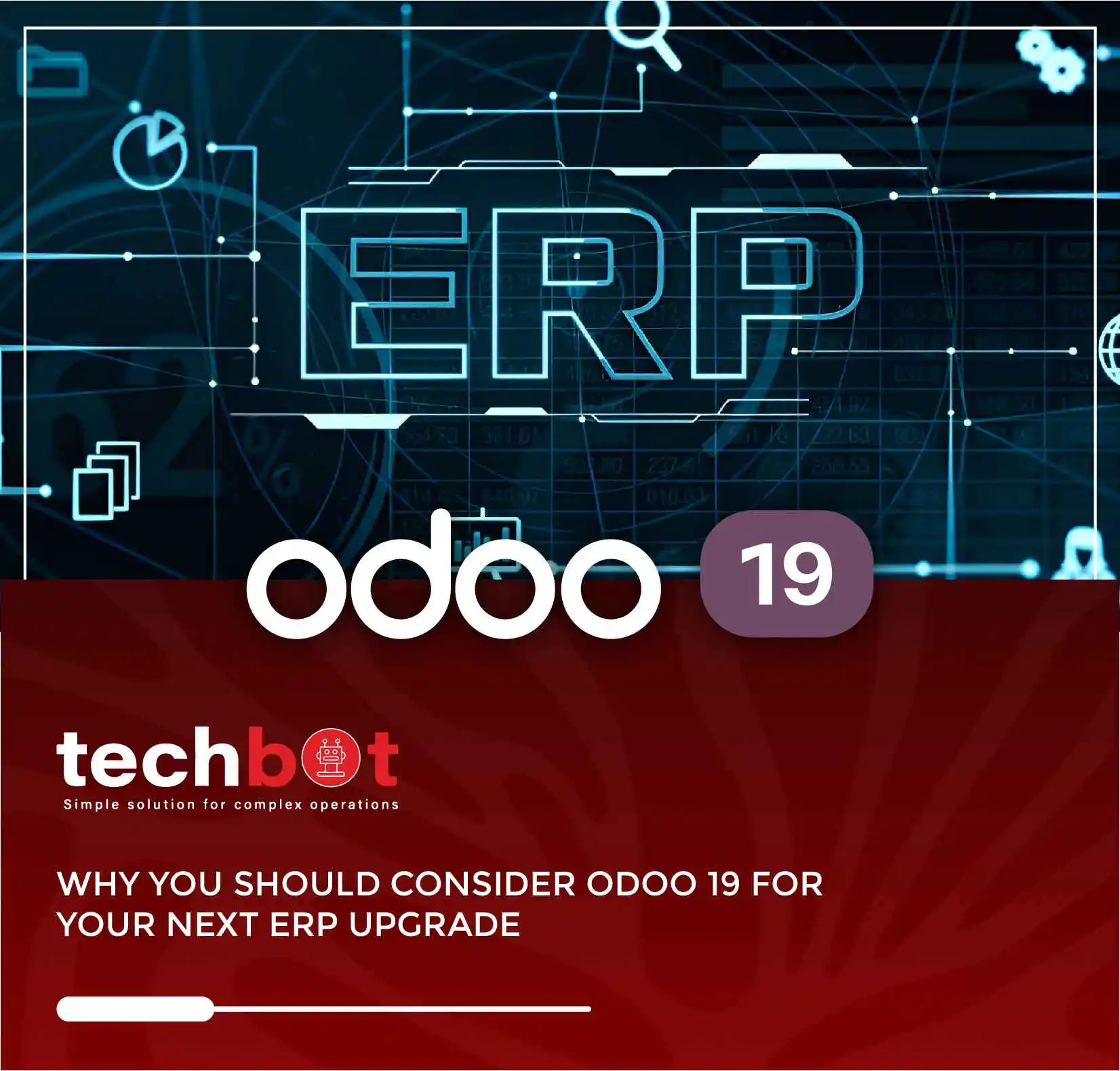Techbot Your Trusted ERP Solution Partner For Odoo Implementation
Moossa M. Alavi
Moossa M. Alavi is the Founder & CEO of Techbot ERP and Altamyz Advertising. He is a certified Odoo consultant with more than 27 years of experience in business, advertising, and ERP software. Moossa started his career in the UAE in 1997 with a well-known group in Abu Dhabi. Over the years, he built his own companies to help other businesses work better using technology. Moossa helps with customized ERP implementation for various industries, including manufacturing, insurance, supercar rental, and logistics, through Techbot ERP. He resolves these issues with Odoo ERP and supports businesses in growing with the right assets and guidance. Moossa has received many awards for his work, including the Arabian Best of Best Award and the Industry Leader Award from BNI UAE. He is also a BNI Ambassador and mentors other business owners. He believes in giving back to the community and helping others grow, following the “Givers Gain” principle.
Share this post
Latest Post
Recent Posts
- UAE E‑Invoicing Phases and Deadlines: What Businesses Need to Know | A Complete Guide
- Odoo Pricing Guide for the UAE 2026 | Key Factors to Consider Before Your Implementation
- Why Clean Data Drives The Highest ROI In Real Estate ERP Projects
- ERP Trends To Watch Before Stepping Into 2026: A Comprehensive Outlook
- Importance Of ERP For Growth And Compliance In Real Estate
- Why You Should Consider Odoo 19 For Your Next ERP Upgrade
- Odoo 19 Migration For Real Estate: Benefits, Risks & Migration Checklist
- How AI Agents In Odoo 19 Are Revolutionizing Business Support
- Top 7 Odoo 19 AI Features Transforming Business Workflows
- How to Use Odoo 19 to Automate Real Estate Sales And Finance
Choosing the right ERP system is one of the most important decisions for businesses in Dubai. With the right ERP solution partner, your company can improve operations, boost efficiency, and drive growth. Techbot is here to make that journey easier. As the best ERP solution partner in Dubai, Techbot offers smart solutions customized to your business needs. If you are looking to implement a new ERP solution or upgrade your existing software, Techbot ensures an easy process from start to finish.
In this blog, we will discuss the benefits of choosing Techbot as your ERP solution partner and how our solutions can improve your business. You will also learn why Odoo ERP software is the best choice for companies in Dubai and how ERP system integration can transform your operations.
Understanding the Role of Technology in Business Transformation
Technology is key to transforming businesses and making them more efficient. One of the best tools for this is an ERP solution. An ERP solution brings together all your business processes in one place, helping everything work more smoothly.
These systems simplify daily operations, make decision-making easier, and help teams work better together. Whether you are a small business or a large company, an ERP solution can improve your business. However, choosing the right ERP solution partner for implementation is crucial. To get the most out of your system, you need the best ERP solution partner in Dubai—someone who will help you integrate, customize, and support the system to fit your specific needs.
The right ERP solution partner will guide you through every step of the process, ensuring your ERP solution works perfectly for your business. Techbot is recognized as the best ERP solution partner in Dubai. We simplify complex tasks with innovative solutions. Our wide range of open-source business apps, including CRM, eCommerce, accounting, and inventory management, helps businesses like yours improve efficiency and grow.
At Techbot, we take the time to understand each business and its unique needs. This makes us a trusted ERP solution partner, helping businesses succeed in the ever-changing digital world.
Get expert ERP guidance for your business. Optimize your operations with the right ERP solution.

Benefits of Choosing the Techbot as your ERP Implementation Partner
When choosing an ERP implementation partner, it’s crucial to work with a team that understands your business and has the expertise to deliver results. Techbot stands out as the ideal partner by offering tailored solutions, expert support, and a proven approach that ensures your business achieves its goals with Odoo ERP. From customized implementation to ongoing support, Techbot is dedicated to making your ERP journey a success. Below are the key benefits of partnering with Techbot for your ERP implementation.
1. Expert Guidance for Easy ERP Integration
Techbot’s experienced team will guide you through every step of the ERP implementation, making the transition to the new system simple and straightforward. Their expertise ensures that the process is quick and minimizes any disruption to your business operations.
2. Customization Designed for Your Business Needs
Techbot works closely with you to understand your unique business requirements and customizes the Odoo ERP system to match. This personalized approach ensures that the solution fits your specific processes, maximizing efficiency and reducing the need for additional adjustments later.
3. Ongoing Support and Training for Long-Term Success
With Techbot, the implementation doesn’t end once the system is live. They provide ongoing support and thorough training to ensure your team can use the system effectively. This continuous support helps you get the most out of the system in the long run.
4. Faster Results with a Proven Implementation Process
Techbot uses a structured and proven approach to ERP implementation that helps you see results quickly. By following a clear process, they help you achieve fast improvements, boosting confidence in the system right from the start.
5. Scalable Solution to Grow with Your Business
Techbot ensures that your ERP solution is built to grow with you. They implement a system that can easily be expanded as your business needs evolve, making it easy to add new features and modules as your company expands.
Unique Features of ERP Solution for Your Business

Techbot offers a complete ERP solution that is designed to make your operations more efficient and help your business grow. Our approach is personalized to fit your needs, so you get the most out of your Odoo ERP implementation. By choosing Techbot, you gain access to a full suite of services that guide you from start to finish, ensuring a seamless and successful ERP integration. We focus on delivering practical solutions customized to your business, helping you maximize the potential of Odoo ERP. Let’s explore the key features that make our solution stand out and how they can benefit your business.
1. Consultation
We begin by having a detailed conversation with you to understand your business goals and challenges. Our team of experts takes the time to assess your current processes and systems, identifying areas where ERP can make the biggest difference. Based on this understanding, we provide expert advice on how to integrate Odoo ERP into your business effectively.
2. Customized ERP Implementation
Every business has unique needs, which is why we tailor the Odoo ERP system to match yours. Whether it’s integrating CRM with ERP, managing inventory, or streamlining accounting, we make sure the system is built around your specific requirements. This ensures a smooth and effective implementation that meets your business goals and provides long-term value.
3. Training
A new system is only as good as the people who use it. We offer comprehensive, hands-on training for your team, making sure they feel confident using the system every day. Our training is personalized to your business, so your team learns exactly what they need to know to improve productivity and get the most out of the ERP system. We make it simple and easy to understand for everyone.
4. Ongoing Support
We don’t stop once your system is up and running. Techbot offers continuous support to ensure that everything keeps working as it should. Our team is just a call or email away to provide assistance, answer questions, and make adjustments whenever necessary. This ongoing support helps your business continue to thrive with Odoo ERP and ensures long-term success.
At Techbot, we are committed to providing you with not just a system, but a long-term partnership. Our tailored approach helps your business get the most out of Odoo ERP, leading to improved efficiency, better decision-making, and greater success.
How Techbot Improves Business Efficiency
Techbot is designed to make your business run more efficiently by simplifying processes, cutting down on manual tasks, and improving teamwork across departments. By combining all your business functions—such as sales, finance, HR, and inventory—into one easy-to-use platform, Techbot ensures that your operations run smoothly and more effectively. This centralized approach not only saves time but also helps you make better decisions by giving you real-time access to important data.
Moreover, Techbot’s Odoo ERP software is flexible, meaning it can grow with your business. As your team expands or your product range increases, the system easily adjusts to meet your changing needs. With CRM ERP integration and automated workflows, Techbot helps your business work more efficiently while keeping things accurate, ultimately driving growth and success.

Get the latest tips and updates on ERP software solutions. Subscribe to our newsletter and stay ahead in business!
Latest Post
Recent Posts
- UAE E‑Invoicing Phases and Deadlines: What Businesses Need to Know | A Complete Guide
- Odoo Pricing Guide for the UAE 2026 | Key Factors to Consider Before Your Implementation
- Why Clean Data Drives The Highest ROI In Real Estate ERP Projects
- ERP Trends To Watch Before Stepping Into 2026: A Comprehensive Outlook
- Importance Of ERP For Growth And Compliance In Real Estate
- Why You Should Consider Odoo 19 For Your Next ERP Upgrade
- Odoo 19 Migration For Real Estate: Benefits, Risks & Migration Checklist
- How AI Agents In Odoo 19 Are Revolutionizing Business Support
- Top 7 Odoo 19 AI Features Transforming Business Workflows
- How to Use Odoo 19 to Automate Real Estate Sales And Finance






